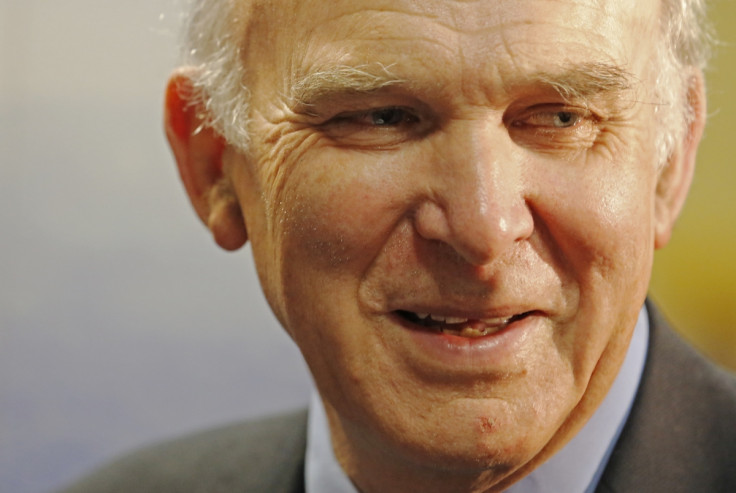UK Exports Strategy Dismissed as 'Naïve' and 'Bureaucratic'

The UK government's export strategy has been slammed as "naïve" and "bureaucratic" by a prominent entrepreneur and UK Trade and Investment "export champion".
Andrew Graham, the chief executive of Blackburn-based luxury wallpaper manufacturer Graham & Brown, said that the government needs to channel its support into mid-sized companies and stop focusing on start-ups and small businesses.
In a letter to Business Secretary Vince Cable, who oversees the Department of Business, Innovation and Skills, which in turn oversees the two-pronged UK export function UKTI and UK Export Finance (UKEF), Graham recommends the UK follows the example of Germany by involving the private sector in export support.
UKEF is the government's lending and guarantee scheme for exports. Its German equivalent, Euler Hermes, is owned by Allianz, a private sector insurer, and operated in part by PwC, the accountancy giant.
Graham, however, suggested that the government's exports target for 2020 was at stake unless a revision is considered.
Downing Street has targeted doubling exports to £1tn by 2020, a feat which most analysts realise is nigh on impossible, given the current rate of progress.
He said: "This is all about helping the country as a whole and we have to look at which businesses have the most potential to grow. That is how you rebalance the economy and reduce the trade deficit."
A recent survey authored by advisory firm Trade and Export Finance also recommended that "a change in mind-set is required to maximise government funding initiatives".
The survey found that 53% of respondents hadn't been offered support by any government export scheme and that 27% weren't aware of any of the schemes.
A UKTI spokesperson defended the agency's progress, issuing a statement saying: "Last year UKTI helped over 40,000 firms to sell their products and services abroad. More than 90% of UKTI staff are in customer-facing roles providing UK companies with the support they need such as introducing them to potential international customers.
"Our medium-sized businesses have the potential to be economic powerhouses for the UK but their success depends on expanding beyond domestic markets. We have written to every medium-sized firm in the country to offer them export support and we are trebling the number of dedicated trade advisors."
Graham, whose business generates half of its £90m turnover from exporting into 75 markets, said: "UK Export Finance treats lending money for export as a massive risk but doesn't consider the jobs and growth created, in contrast to countries like Germany and Canada, which are streets ahead of us."
Graham claimed that medium-sized business have more potential to grow the UK economy and that the government should dedicate more resources to supporting those firms which are already exporting.
This runs counter to the chancellor George Osborne's stated goal of adding 100,000 new exporters by 2020 and also to rhetoric from the trade minister Lord Livingstone.
At a recent tour of small businesses in the North East, Lord Livingstone reiterated his support for UK SMEs, saying: "Increasing the number of UK businesses that sell overseas is a key part of the Government's long term economic plan to build a stronger, more competitive economy and research has shown time and again that companies do better when they export."
© Copyright IBTimes 2025. All rights reserved.






















